‘Nowhere is safe’: The doctors fighting to save lives as healthcare under attack in Gaza warzone
The Al Ahli Hospital blast has raised urgent concerns about attacks on healthcare during the Israeli-Hamas conflict
Doctors in Gaza have shared the horrors of trying to save lives in a warzone, amid warnings healthcare services are under attack as the conflict deepens.
The World Health Organisation says there were 136 attacks on healthcare - including injured workers, damaged ambulances and facilities - in Gaza and the West Bank in the ten days since Hamas launched its attack on Israel on 7 October.
The WHO told the Independent Gaza’s health system “is on its knees,” with the Ministry of Health in Gaza reporting four hospitals are now out of service due to airstrikes including Beit Hanoun, Hamad Rehabilitation, Karama and Durrah.
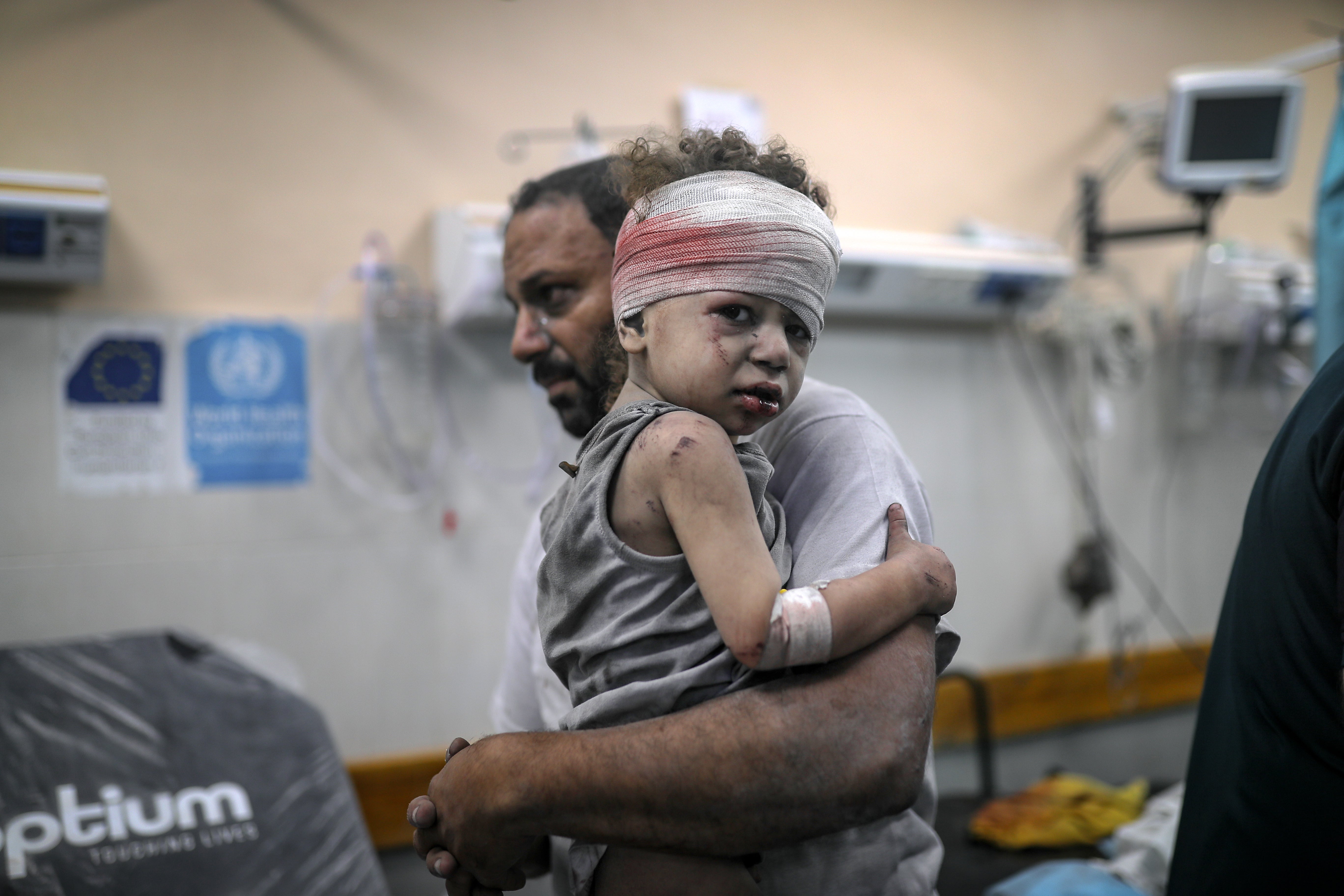
Days after an explosion at the Al Ahli hospital in Gaza, both sides dispute the cause and the scale of the devastation.
Palestinian officials claim 471 people were killed on Tuesday, blaming an Israeli airstrike, while Israel says the death toll was significantly lower and believes a failed Islamic Jihad rocket launch was the cause. A US intelligence report claims the death toll was anywhere between 100 and 300 people.
British surgeon Dr Ghassan Abu-Sittah, working at Al Ahli when the blast occurred, described the chaos that ensued.
“There was an almighty screech followed by an explosion,” he said. The light from the fire lit up the whole courtyard and you could see it was full of bodies and bits of bodies. There were screaming people everywhere.
“One guy had his leg blown off at the thigh, I used his belt as a tourniquet. Palm trees were on fire. Cars and ambulances were destroyed.”
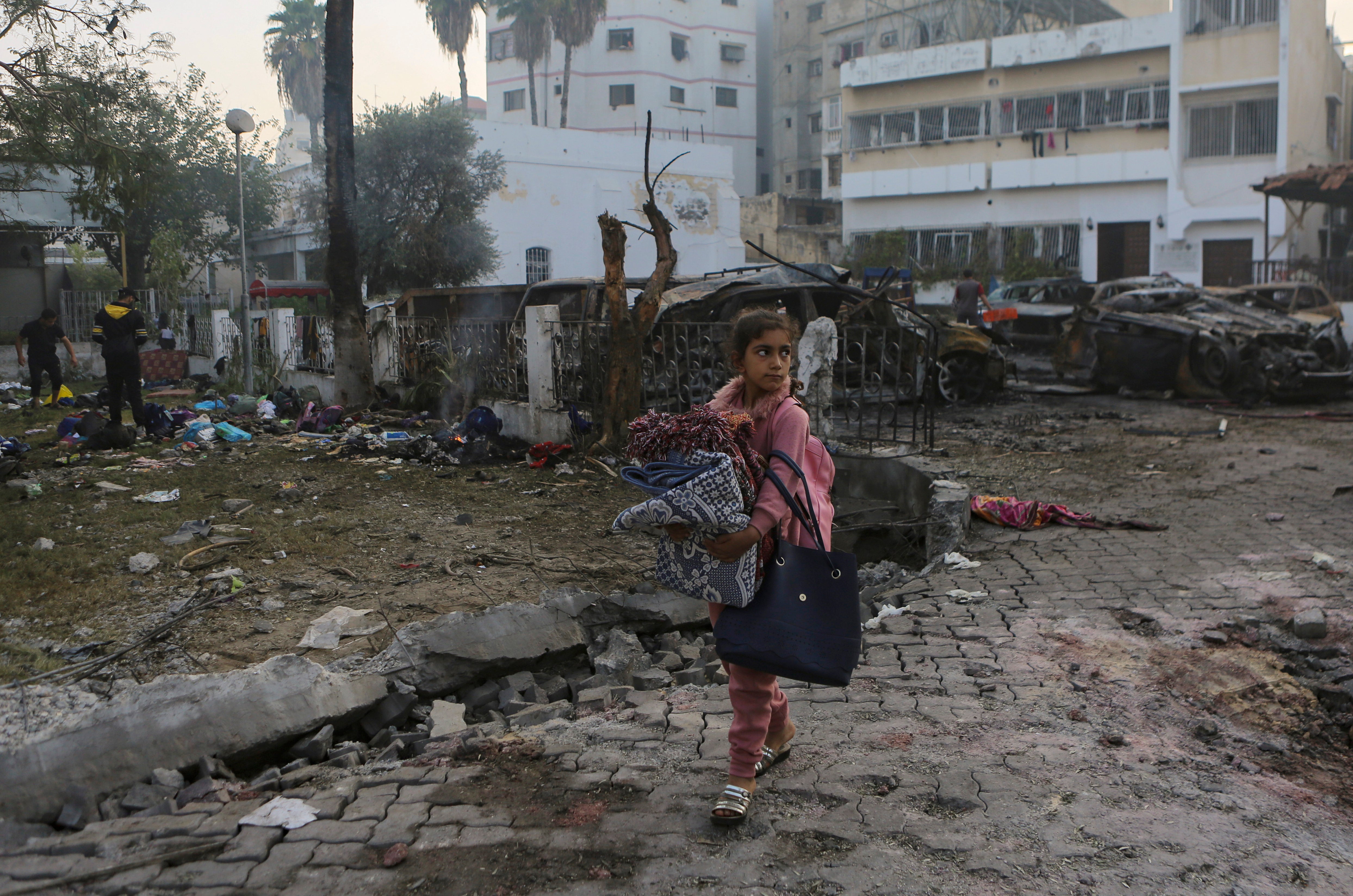
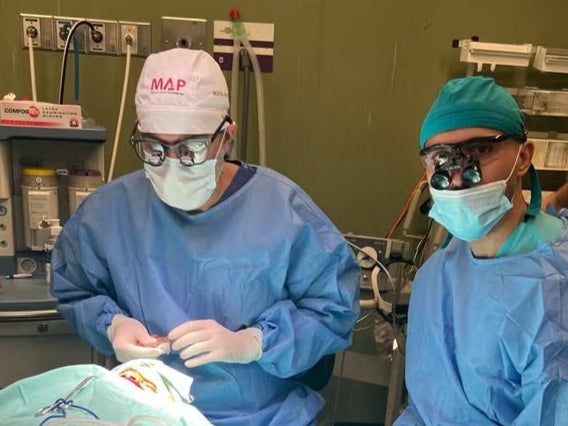
Insecurity Insight, an independent organisation supporting aid agencies with data on attacks on healthcare during conflict, reported 94 attacks across both sides, with 90 of these said to have taken place in Gaza and the West Bank. There have been four documented attacks on healthcare by Hamas militants in Israel.
Dr Michael Ryan, executive director of the WHO health emergencies programme, called for an end to attacks on medics who are just trying to save lives.
“Healthcare is not the target, it should never be a target of anyone in conflict,” he said. “That is enshrined in international humanitarian law.
“We’re seeing this breached again and again and again over the last week and it has to stop. We cannot leave doctors and nurses to make the choices they’re having to make. It is inhuman.”
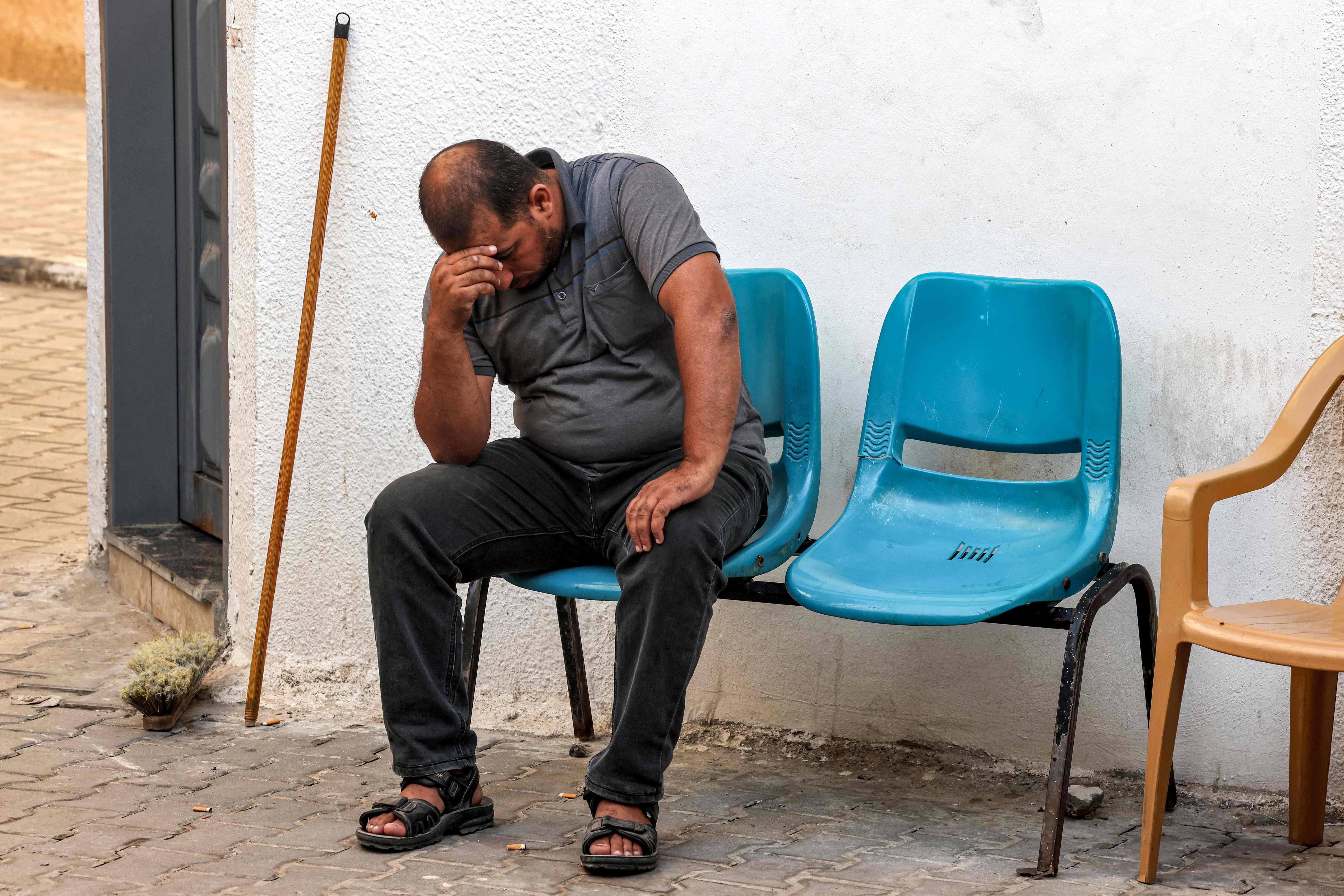
On 14 October, Israel ordered 22 hospitals in northern Gaza to evacuate as they prepared for an increase in military action in the region through “land, air and sea”. Doctors on the ground found themselves bound by duty to resist evacuation orders which the UN has called a “death sentence”.
One medic, Dr Ahmed Muhanna, says he regularly gets calls from Israeli forces demanding hospital premises are evacuated in preparation for an attack.
“I’ve stopped picking up their calls now,” he told The Independent. “How can we evacuate all of these people? It’s impossible. Where can we go?
“Nowhere is safe. It’s wrong by all laws of humanity and ethics. It’s a crime. My team and I have taken an oath to help these people. We will not leave them. We will stay.”
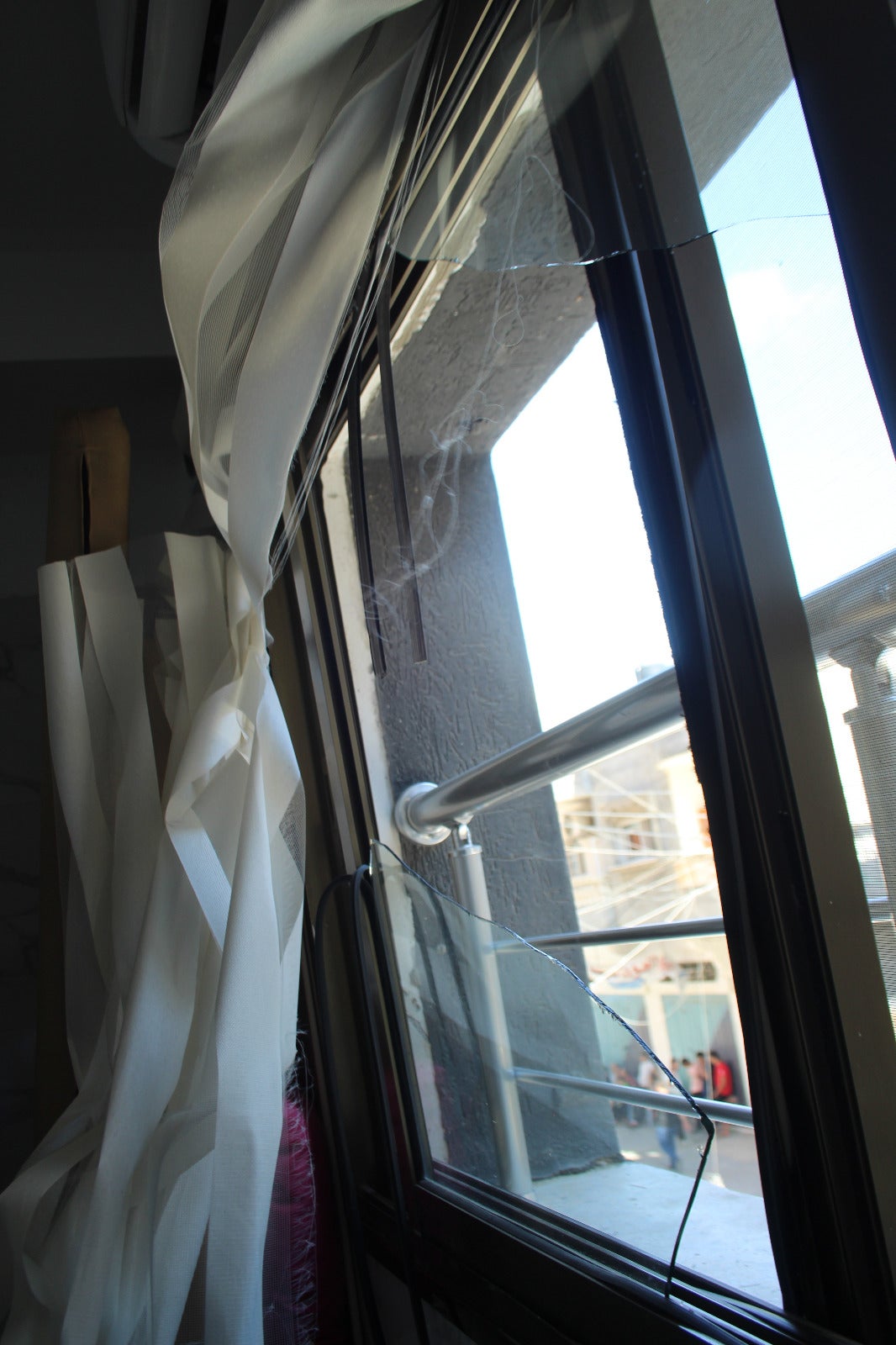
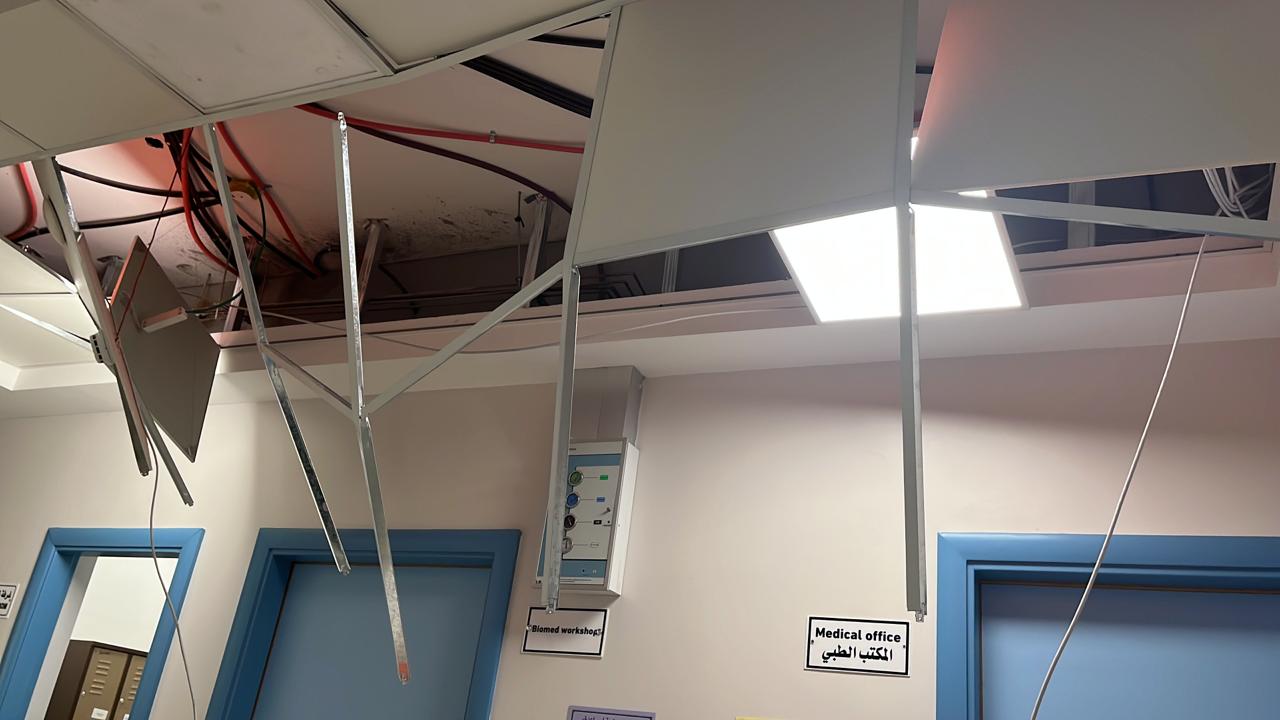
He says that 75 per cent of the people at the hospitals he overseas across Jabaliyya and Awda in northern Gaza are women and children.
“I have their documents, their ID and photos of every single patient if you want evidence. Every person here is a civilian.”
While supporting patients at Jabaliyya Hospital, Dr Muhanna says surrounding residential buildings were struck killing four of his medical staff including their children and families.
“One of the nurses told me she’d see me tomorrow, she’d be back in work,” he said. “While she slept, she was killed with her husband and kids. The attacks have damaged our facilities here too.
“One part of the building has had walls and ceilings fallen in. Eleven people were injured including a 13 year-old girl with shrapnel injuries. That’s not even to mention the mental health impact on patients.”
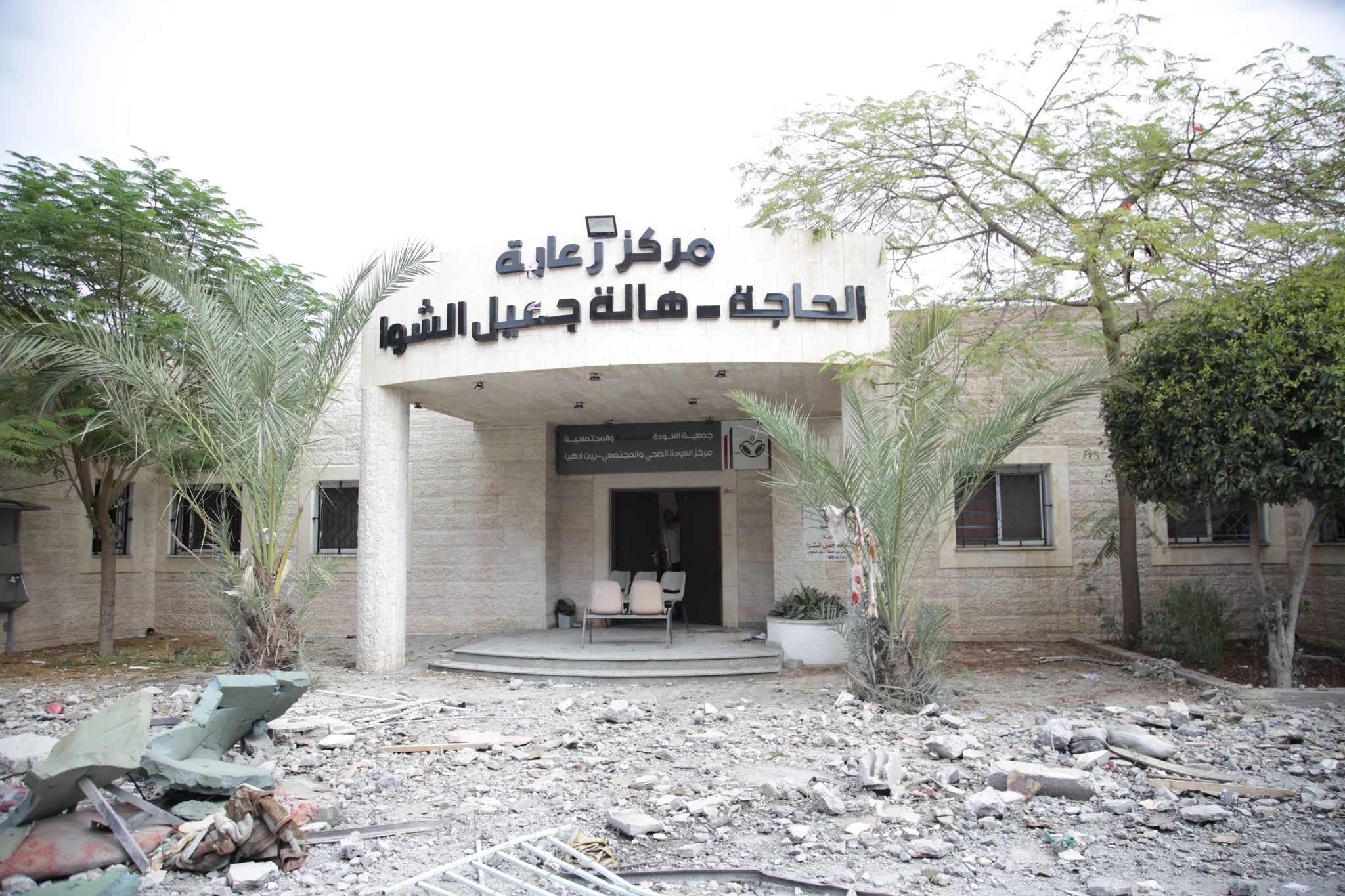
The situation is exacerbated by the “total siege” on Gaza that has severed power and water supplies in the enclave, leaving “the health system on its knees,” according to the WHO.
“The situation in Gaza is deteriorating very fast,” a WHO spokesperson told The Independent. “Hospitals are doing all they can to keep the most critical functions running due to fuel shortage.
“Many lifesaving medicines have run out, doctors are having to operate on patients without anesthesia. What little is left will run out in a few days. WHO is concerned about disease outbreaks due to poor water and sanitation and estimated displacement of one million people. “
Medical agencies are also eager to stress attacks have pre-dated the Hamas incursion. Medical Aid for Palestinians said aid workers in the West Bank asked for protective gear including bullet proof vests and helmets months ago.
“They go out in the morning and they kiss their kids goodbye because they genuinely don’t know if they will make it home by the end of the day,” MAP’s Rohan Talbot said.
The United States vetoed a United Nations Security Council resolution on Wednesday that would have called for humanitarian pauses in the conflict to allow humanitarian aid access to the Gaza Strip.
Israel has said it will allow no aid from its own territory to reach Gaza until more than 200 hostages captured by the gunmen are set free, a position Palestinians say amounts to unlawful collective punishment of the civilian population.
So far more than 1,400 people are now believed to have died from the Hamas attacks. As of Friday, 3,785 Palestinians have been killed including more than 1,500 children, Palestinian officials say.
Join our commenting forum
Join thought-provoking conversations, follow other Independent readers and see their replies
Comments





Bookmark popover
Removed from bookmarks